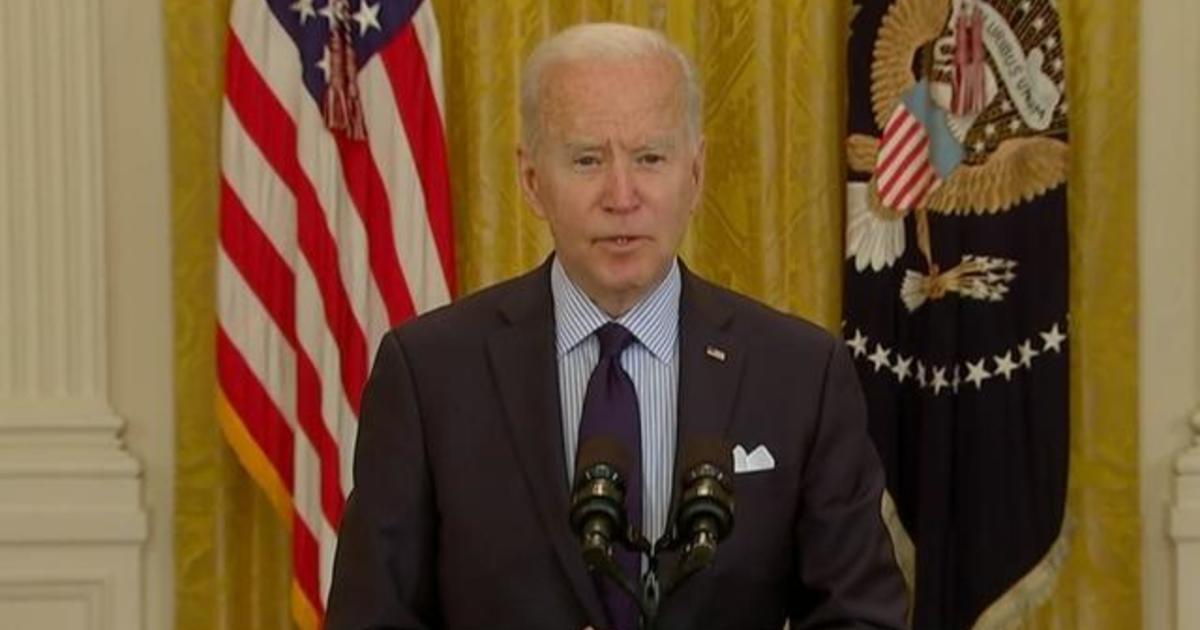
A growing number of Republican-led states are rejecting increased unemployment benefits meant to help Americans during the coronavirus pandemic, a move they say will help business owners who can’t find staff. West Virginia and Alaska became the latest states to announce the move Friday, after the governors of Arizona, Georgia and Ohio made similar announcements Thursday. Those states are joining at least 13 other states in opting out of the programs, bringing the total ending such benefits to at least 17.
“West Virginians will have access to thousands of jobs right now and we need everybody back to work,” Governor Jim Justice said during a briefing Friday. His state will end all federally funded pandemic unemployment programs at midnight on June 19.
“In Arizona, we’re going to use federal money to encourage people to work…instead of paying people not to work,” Governor Doug Ducey said in a statement announcing Arizona would be offering one-time bonuses to returning workers.
But President Joe Biden has said that the enhanced federal benefits aren’t why people aren’t going back to work.
“The line has been because of the generous unemployment benefits, that it’s a major factor in labor shortages. Americans want to work. Americans want to work.” Biden said at the White House on Monday. “I think the people claiming Americans won’t work even if they find a good and fair opportunity underestimate the American people.”
Anyone collecting unemployment who is offered a “suitable job” must take that job or lose unemployment benefits, Biden said, with several exceptions that mean people do not have to choose between their safety and a paycheck.
The governors of Utah, South Dakota and Wyoming announced Wednesday their states would end increased benefits. The governor of Wyoming in a statement said incentivizing people not to work is “just plain un-American.” The governors of Idaho, Iowa, Missouri and Tennessee on Tuesday joined the governors of Alabama, Mississippi, and North Dakota on Monday with similar announcements.
Officials in Montana, South Carolina and Arkansas announced last week those states will exit the federal program by the end of June. Montana Governor Greg Gianforte said the “vast expansion of federal unemployment benefits is now doing more harm than good.”
Vermont’s work search requirements for those receiving benefits were also reinstated as of this week. Florida will reinstate work search requirements starting in June for unemployed Floridians to receive benefits.
And other states are pondering similar measures, in light of the Friday report from the Department of Labor showing that the economy added 266,000 jobs in April, far fewer than the 1 million experts expected.
On Sunday, Utah Governor Spencer Cox told CNN he thinks exiting pandemic-related unemployment benefits is a good idea, arguing the recent lower-than-expected jobs report is “what happens when we pay people not to work.”
But the president disagreed, saying Monday there are still 8 million fewer jobs than when the pandemic started. He called those benefits a “lifeline.” The American Rescue Plan passed in March extended $300 unemployment benefits through early September.
“We’ll insist that the law is followed with respect to benefits,” Biden said Monday. “But we’re not going to turn our backs on our fellow Americans.”
When asked about the states opting out on Thursday, White House press secretary Jen Psaki called the governors’ reasoning to be “off track.”
“What we’ve seen in the data is that the actual issues at play here are the pandemic and people needing to address things like child care,” Psaki said. She also noted people being “fearful” about going back to work before they were vaccinated and that when they look at a data they have not seen the enhanced benefits as a “widespread driving factor in people not going back to work.”
Speaking at the White House press briefing last week, Treasury Secretary Janet Yellen also claimed data does not support the argument that increased unemployment benefits are leading to a workforce shortage. She said when they looked at states and sectors where supplemental benefits were high, there weren’t lower job finding rates as the argument would suggest, and in fact it was the “exact opposite.”
Several studies have examined the connection between benefits and unemployed people returning to work. In February, a study by JPMorgan Chase Institute found little evidence that increased benefits discouraged people from returning to the job. It found after Congress boosted supplemental insurance to $600 last spring at the onset of the pandemic, many jobless workers who received the money returned to work before the supplement expired.
A separate study by the Federal Reserve Bank of Chicago looking at unemployment insurance and job searching using data from 2013 through 2019 found those receiving unemployment benefits search more intensely for work over those not receiving benefits and once benefits drop off, search efforts drop steeply.

